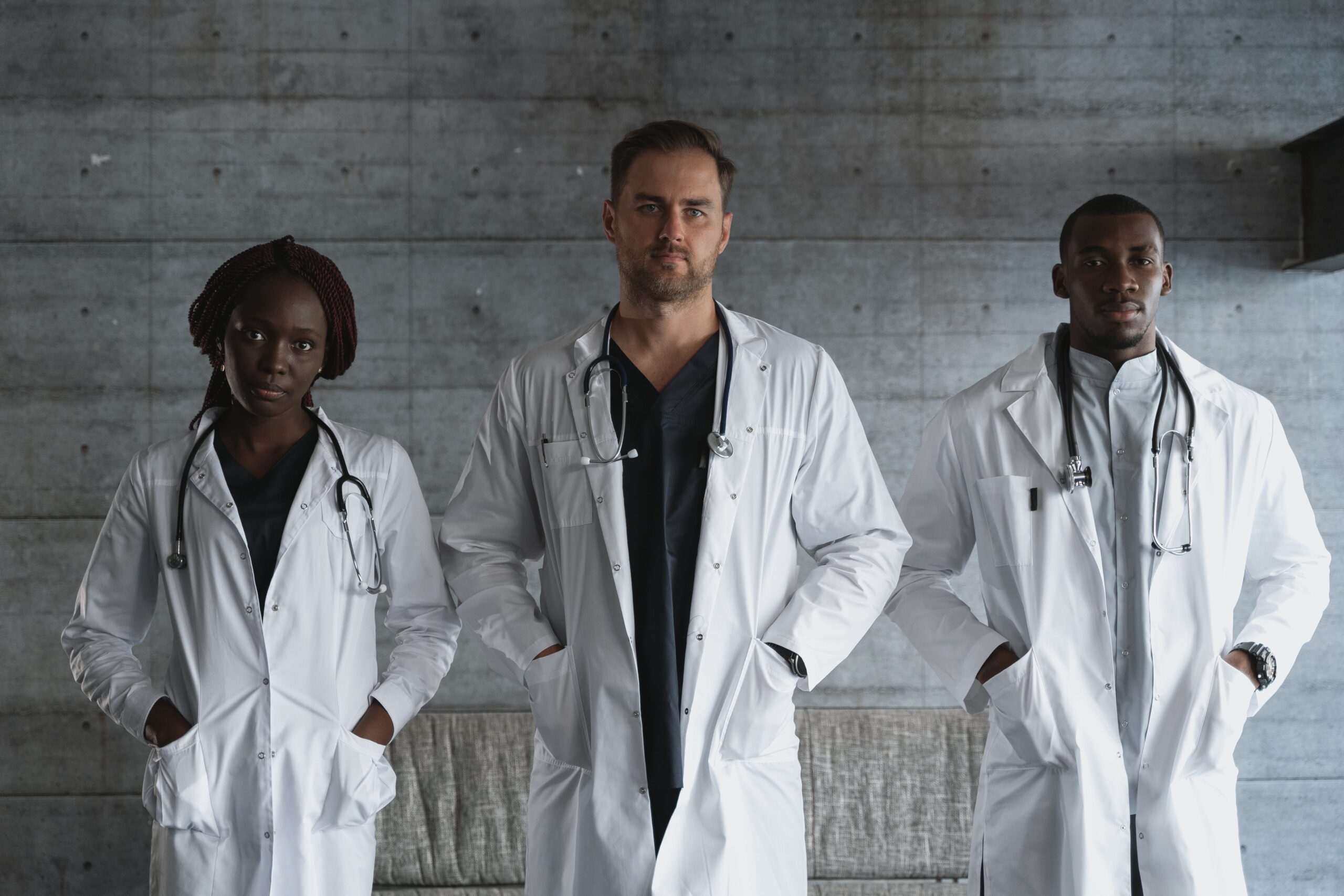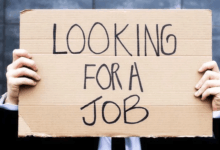
Why Medical Professionals Should Travel The World
Welcome to a journey unlike any other, where your stethoscope is your passport, and every destination holds a new lesson in medicine and life. You’re not just a medical professional; you’re an explorer at the forefront of a thrilling adventure that spans continents. This isn’t your typical vacation. It’s an odyssey through the heart of global healthcare, filled with discoveries, challenges, and uncharted territories. Ready to break the monotony of the hospital corridors and embark on a voyage that will redefine your career and your entire perspective on healthcare? Get ready, because this is where your true journey begins.
Let’s face it, you’ve spent years mastering the human body, but how well do you know the world it inhabits? If you’re a medical professional, your career path might feel like a never-ending marathon on the hospital floor. But, what if the secret ingredient to enhancing your medical prowess is actually stamped in your passport? Yes, traveling could be just what the doctor ordered – for the doctor!
Cultural Competence: More Than Just Buzzwords
You know the drill. Every year, there are new guidelines, protocols, and buzzwords. “Cultural competence” might sound like just another one of these so-called buzzwords, but there’s more to it. By traveling, you’re not just ticking boxes in a training manual. You’re diving headfirst into a whole new world of cultures, lifestyles, and health beliefs. It’s one thing to read about different cultural approaches to medicine, but it’s a whole other ball game to experience them firsthand. This immersive journey transforms textbook theories into real-world understanding, enriching your ability to provide empathetic and effective care across diverse patient populations.
Global Health Trends: Keeping A Finger On The Pulse
Healthcare trends are like fashion; what’s in vogue in one country can be yesterday’s news in another. By traveling, you get to see these trends up close. You’ll witness firsthand how different health systems operate, from state-of-the-art facilities in one country to resource-strapped clinics in another. This exposure is invaluable. It broadens your perspective and also equips you with a diverse set of problem-solving skills. Furthermore, understanding global health trends enhances your adaptability, allowing you to anticipate and respond to emerging healthcare challenges. It’s an ongoing education that keeps you at the forefront of your field, ensuring you’re always ready for the next wave in healthcare.
Conventions And Seminars: Not Just About The Free Pens
Sure, medical conventions are great – you get free pens, notepads, posters, and coffee mugs to get you through the longer days, but there’s so much more to it. These events are melting pots of innovation and expertise. Networking with international peers can lead to collaborations that transcend borders. Plus, you get to see the latest gadgets and gizmos in healthcare technology firsthand, and who doesn’t love a bit of tech wizardry? Attending these events also provides a platform to share your own experiences and insights, which can significantly contribute to the global medical community. It’s about being both a learner and a contributor, as you bring back valuable knowledge and practices to your home base.
Language Skills: More Than Ordering Coffee In Six Languages
Remember those language classes you took before heading off on a well deserved break from the hustle and bustle? Well, they’re about to pay off. Being multilingual is a huge asset in healthcare. Being able to communicate in a different language is not just about easing communication with patients from different backgrounds, but it also shows respect and effort to understand their culture. And while you’re at it, why not throw in a few local idioms? Patients love a doctor who can make them laugh in their own language. Beyond patient interaction, these language skills can be invaluable in understanding local medical literature and research, providing a richer, more nuanced view of global health.

Via Pexels
Self-Care: You Can’t Pour From An Empty Cup
Let’s talk about burnout. It’s real and it’s rampant in the medical field; especially after the Covid-19 pandemic of 2020. Traveling might seem like it’s just about collecting souvenirs and Instagram likes – but it’s more so a form of self-care. Taking time to explore, relax, and recharge can make you a better medical professional. A well-rested, culturally enriched doctor is a blessing to any patient. This is not just about physical rest, but mental rejuvenation too, offering a fresh perspective on your work and life, something that’s often hard to achieve in the hustle of regular practice. And don’t forget, that if you find yourself in a little bit of a mix up, understanding how bail bonds work in various cities will ensure you can get yourself out of any possible sticky situations.
Local Health Practices: Beyond Textbook Medicine
There’s a world of health practices out there that don’t feature in your standard medical textbook. Traditional and alternative medicine practices offer a fascinating insight into how different cultures approach healing. Understanding these practices can provide a more holistic approach to patient care. You never know, the next breakthrough in medicine could be hiding in an ancient remedy still used in a rural village somewhere in the world! This exploration also nurtures respect and appreciation for diverse healing practices, enriching your understanding of patient-centered care.
Learning In Extreme Settings: When Comfort Zones Are Overrated
Traveling might take you to places where resources are scarce and conditions are challenging. Working in these environments, even for just a short time, can be an eye-opening experience. You’ll learn to improvise, adapt, and provide care in less-than-ideal circumstances. These experiences can be humbling and invigorating, reminding you of the core reason you chose this profession in the first place. Such experiences also build resilience and resourcefulness, qualities that are invaluable in any medical setting, whether at home or abroad.
Epidemiology In Action: A Global Perspective On Disease
Ever wanted to see epidemiology in action? Traveling can provide you with a front-row seat. Witnessing how different regions tackle public health issues, manage outbreaks, and promote health education can offer invaluable insights. This global perspective is crucial in an increasingly interconnected world. It also provides a unique opportunity to contribute your skills where they might be most needed, whether in research, education, or direct patient care, enhancing your professional and personal growth in ways you never thought possible.

Via Pexels
Healthcare Systems Unveiled: A Comparative Study In Real-Time
Exploring healthcare systems around the globe is like opening a book with endless chapters. Each country presents a unique model, from self paid insurance-based systems to government-funded healthcare. By traveling, you get a real-time comparative study, seeing the strengths and weaknesses of different healthcare models. This isn’t just academic curiosity; it’s more about gathering practical insights that could influence future healthcare policies or practices in your own country.
Innovation And Adaptation: Learning From Global Health Solutions
The world is a living laboratory of healthcare innovation. In one country, you might find cutting-edge technology revolutionizing patient care, while in another, low-cost, high-impact solutions are making waves. This section of your journey is about discovering these innovations, understanding their context, and considering how they can be adapted or implemented back home in your local hospital. It’s about thinking outside the box and realizing that sometimes the most effective solutions can come from the most unexpected places.
Building Global Health Networks: Collaborating Across Continents
Traveling as a medical professional opens doors to forming global health networks. You will gain an invaluable sense of global camaraderie, rooted in shared goals and diverse experiences. These connections are more than just professional contacts; they’re potential collaborators, mentors, and friends who share a common passion for healthcare. Engaging with this diverse community of professionals can lead to collaborative research projects, shared resources, and a support system that spans continents. This is about building a global community that works together to tackle health challenges, both local and international.
Personal Growth: More Than Adding A Line On Your CV
Finally, let’s talk about you. Traveling shapes you in ways no other experience can. You’ll return with more than just memories and souvenirs; you’ll come back with a renewed sense of purpose, empathy, and a broader worldview. These intangible benefits are invaluable, both personally and professionally. Engaging with different cultures and communities also fosters a deeper sense of humility and gratitude, qualities that enhance your interactions with colleagues and patients alike.
Final Thoughts: The World Awaits
As we come to the end of this journey, remember that the world offers more than a getaway from the routine of medical practice; it’s a boundless classroom, a network of endless possibilities, and a source of rejuvenating experiences. This journey doesn’t end here. It’s just the beginning of an ongoing adventure that will continue to shape your career and personal growth in unimaginable ways.
The lessons you’ll learn, the connections you’ll make, and the experiences you’ll gain are treasures that go beyond the confines of traditional medical training. So, pack your curiosity, your empathy, and your passion for healthcare, and step into this grand, global arena. The world isn’t just waiting for you; it’s ready to teach you, challenge you, and inspire you in ways you’ve never imagined.






